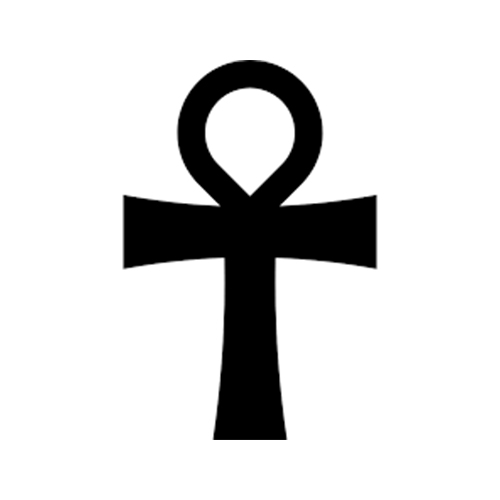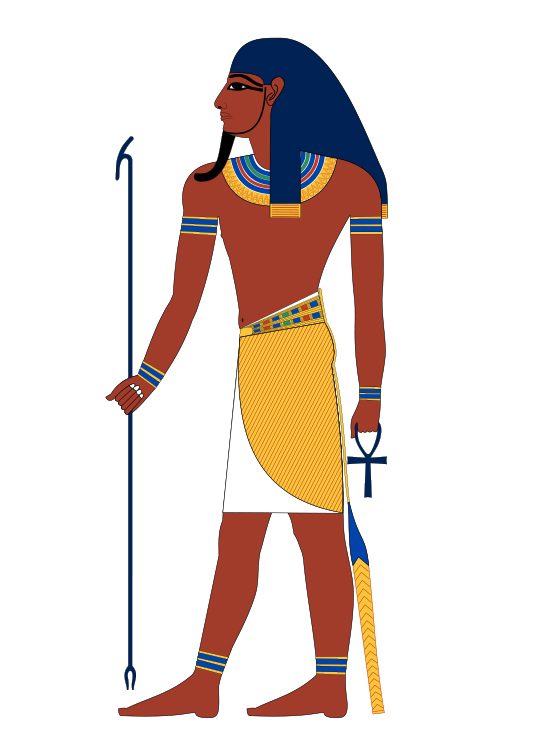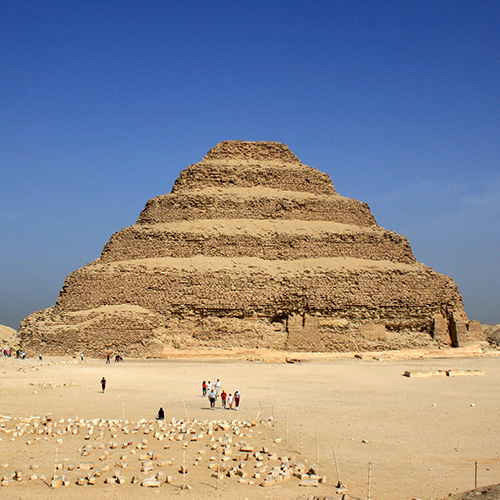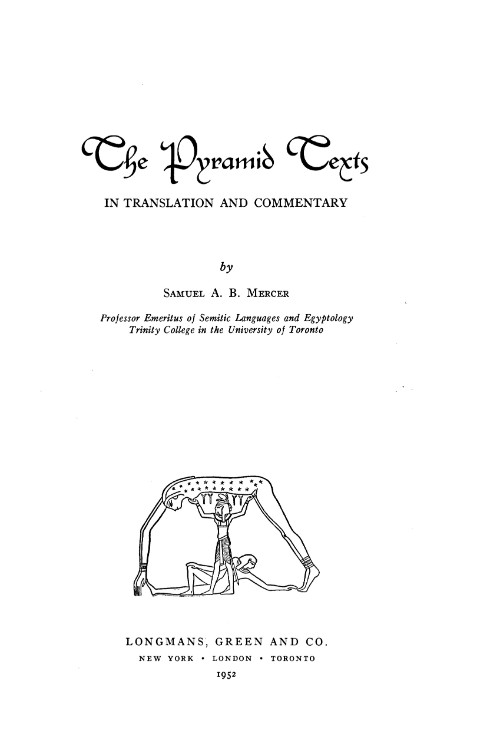More information
Background
The Egyptian Heliopolis creation myth comes from the ancient Egyptian city of Heliopolis and was written during the predynastic times, as late as 3000 BCE according to Samuel A.B. Mercer. Other scholars tend to agree that it was likely produced during the rule of the fifth king of the sixth dynasty: Pepi II from ca. 2246–2152 BCE. At any rate, the Heliopolis creation story is therefore one of the oldest cosmogonic myths in the world. It showcases how Atum gave life to the other primary Egyptian deities. Heliopolis, north of Cairo, was a major cult city for Atum. It was nearby Memphis, where the Pyrmaid of Pepi II is actually located. The Heliopolis creation myth was also prominent during the old kingdom of Egypt.
Atum as the first man and chief creator
The Heliopolis creation narrative focuses on Atum, the deity closely related to the sun. It was said that Atum was created from a mound of dirt, whereby he created the other deities. According to David Leeming:
"The Pyramid Texts tell us that Atum existed alone
in the universe and that he created his
brother and sister, Shu (air-life) and Tefnut,
by masturbating or, as some texts
claimed, by expectorating."
Indeed, the motif of ejaculation seems to be consistent among many different translators.
The Pyramid
Texts tell us that Atum existed alone
in the universe and that he created his
brother and sister, Shu (air-life) and Tefnut,
by masturbating or, as some texts
claimed, by expectorating.























